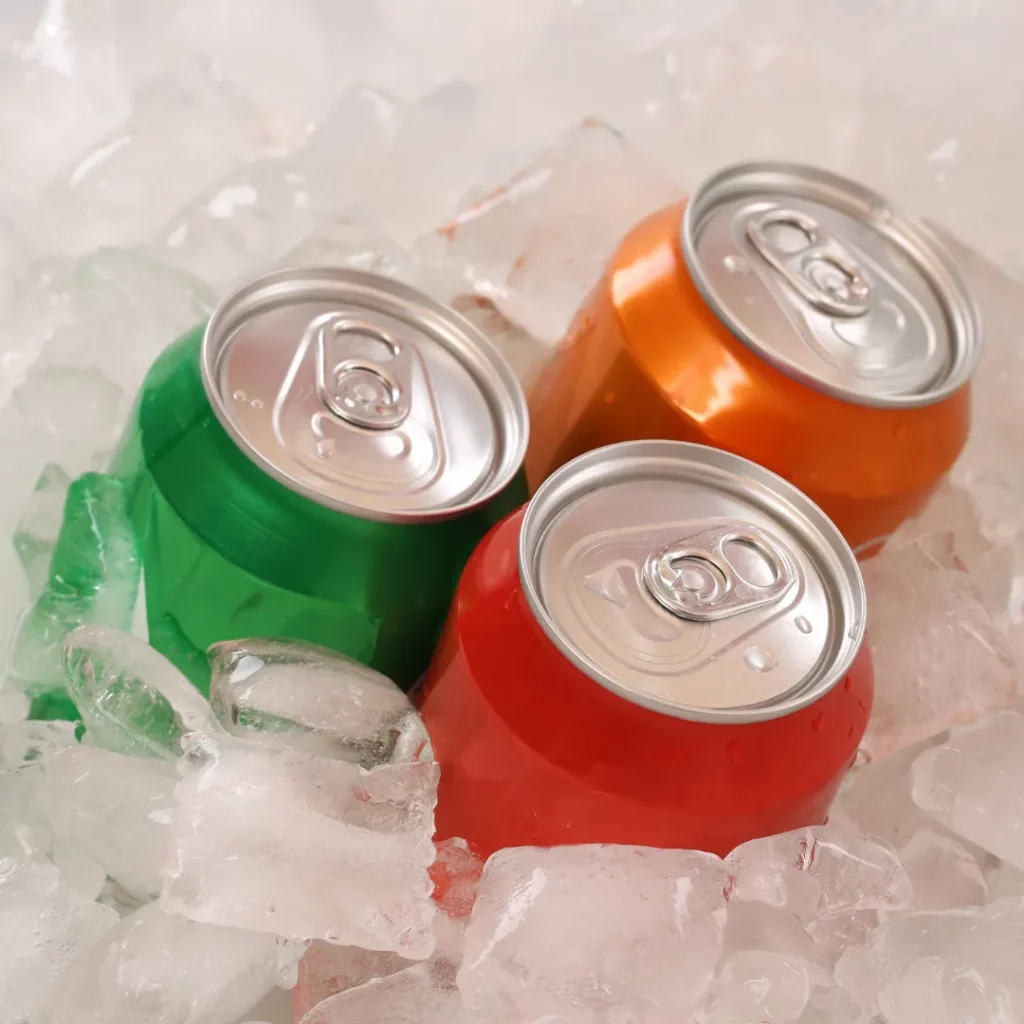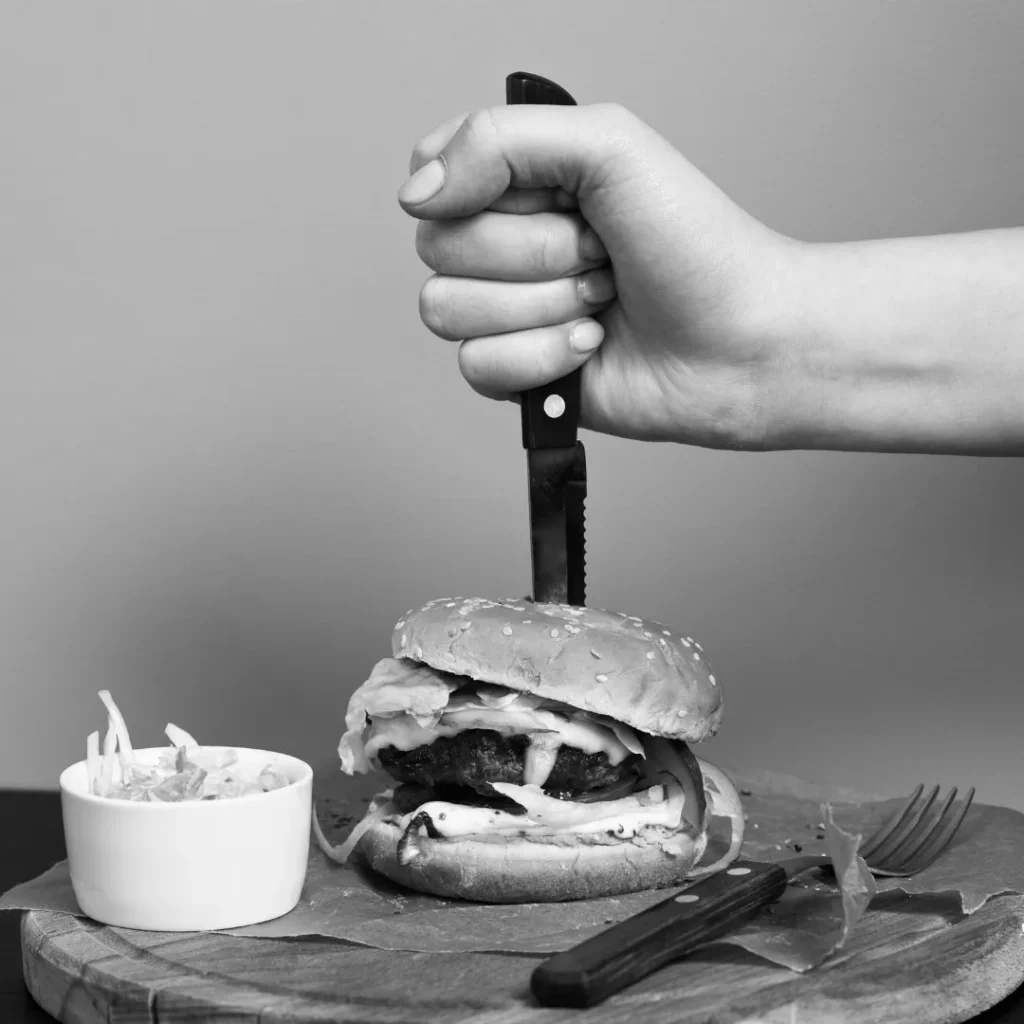For many parents, weekly grocery shopping is a fine balance between nutritious meals and occasional pleasures. However, two specific things are always off the list for one well-known nutritionist, regardless of the circumstances.
The mother of two, known for her strong attitude on diet and gut health, has publicly expressed her firm beliefs about the things she will not allow her children to consume, even once.
Her views, supported by scientific knowledge and personal experience, have ignited a discussion about how these everyday products may be harming our health more than we realize.

Dr. Federica Amati, a recognized medical scientist, nutritionist, and author of “Every Body Should Know This: The Science of Eating for a Lifetime of Health”, does not shy away from making radical dietary choices. She is a strong supporter of gut health and feels that eating a healthy, balanced diet is essential for long-term well-being.
Dr. Amati is the Head Nutritionist at Zoe, a health science company co-founded by Tim Spector. She has a unique grasp of the complicated interplay between food, our microbiome, and our overall health. With this knowledge, she has been outspoken about certain ultra-processed foods that she considers not only unnecessary but possibly dangerous as well.
Dr. Amati, who has two girls ages six and four with her husband, former supermodel Paul Sculfor, is very concerned about what her children eat. During an interview with “The Times”, Dr. Amati expressed her views on two items that her household strictly prohibits.
These are not random selections, but what she considers to be “the worst ultra-processed foods” on the market. Dr. Amati’s family consumes a diverse and nutritious diet that stresses whole foods and healthy eating practices.
Despite this diversity, there are two meals that she would never allow her children to taste. Despite her broad dietary philosophy, which includes no “good” or “bad” foods, her position on these products is unwavering.
“I don’t see any benefit to drinking a particular beverage at any point in life,” Dr. Amati said. “That’s something that I’m very black and white about. I don’t see any reason for even trying them.”

Dr. Amati went on to say, “These drinks are the worst ultra-processed foods that exist.” Full of artificial additives, full of sugar. It’s insane how bad they are.” This strong remark addresses one of the world’s most popular beverages: soft drinks, particularly those filled with sugar and chemicals.
While health experts have long cautioned about the hazards of sugary beverages, Dr. Amati goes much farther, labeling them the worst offenders in the world of ultra-processed meals. According to her, the high sugar content and the variety of artificial substances make them utterly unnecessary and perhaps harmful to a child’s well-being.
However, that is not the only item on Dr. Amati’s blacklist. She also mentioned another seemingly harmless product that many parents may believe is a healthy choice. “Some popular snack options for children have some of the highest sugar content in the food industry,” according to Dr. Amati.
While many parents regard these snacks as staples in their children’s diets, particularly due to their claimed health benefits, Dr. Amati warns that many popular brands include hidden sugar. This distances them significantly from the perceived health benefits.
Dr. Amati’s explanation for these strict dietary restrictions is based on her considerable research into gut health and ultra processed foods. She highlighted that the microbiome the community of microbes in our intestines is crucial to maintaining general health.

Consumption of ultra processed meals can upset this delicate balance. There’s increasing evidence of a link between colon cancer and disruption of our gut microbiome,” Dr. Amati added, citing troubling trends in colorectal cancer rates.
According to research, bowel cancer rates have decreased in people over the age of 65, but have climbed by 50% in people under the age of 50. Even more alarming, mortality from this disease in younger age groups is expected to be three times higher this year than in 2018.
A poor diet, particularly the use of ultra-processed foods, is likely to contribute significantly to this developing tendency. These troubling figures back up Dr. Amati’s severe position on specific dietary choices.
“Some specific microbes may even be important in the initial development of cancer,” she told me. This makes it even more important for her to protect her children from foods that may be harmful to their gut health.
Despite her strong opinions, Dr. Amati maintains a balanced view of food as a whole. She emphasizes that, aside from the two goods mentioned, her goal is to instill in her children a healthy and pleasant connection with eating.
“I grew up in an Italian household,” she explained, recalling her own childhood. “I’ve always thought of food as a pleasure. There’s no ‘good food’ or ‘bad food’. ” It’s all part of food culture.”

She stated that she is not a “health-obsessed” parent who cooks everything from scratch or prohibits all indulgences. “I don’t have my own kefir grains on the go. I’m not home-making everything. What I do have is an environment in my home where the majority of the food is whole food.”
Even her husband, Paul Sculfor, indulges, which she permits. “He just has these quirks, like brown sauce and marmalade and things that are just for him in the house,” she told me.
However, she maintains a rigorous ban on cola drinks and sweet children’s yogurts, believing that the potential harm exceeds any transient pleasure. Dr. Amati’s forthright revelations should act as a wake-up call to many parents who may be unaware of the hidden risks in popular food products.
Her message is simple but effective: while food should be enjoyed, certain ultra-processed foods do not belong in a healthy diet, especially for youngsters. In an age when convenience and marketing frequently take precedence over nutrition, Dr. Amati’s perspective serves as a reminder to read labels carefully.
She encourages parents to make informed decisions that put long-term health ahead of short-term satisfaction. Dr. Amati hopes that by avoiding cola drinks and sugary children’s yogurts, she may prepare her children for a lifetime of excellent health.
She also encourages other parents to do the same. Finally, Dr. Amati’s advice goes beyond these specific items—it’s a call to be careful when it comes to feeding our families.

With mounting health concerns over ultra-processed foods and an increasingly complex food business, her straightforward yet forceful approach appeals to many. It’s not about foregoing all indulgences, but rather about making smart, healthful decisions that benefit both the body and the gut.
According to Dr. Amati, it is critical to ensure that the next generation has a healthier relationship with food while avoiding the risks associated with certain ultra-processed goods
Feature Image Credit: (Instagram/@dr.fede.amati)





